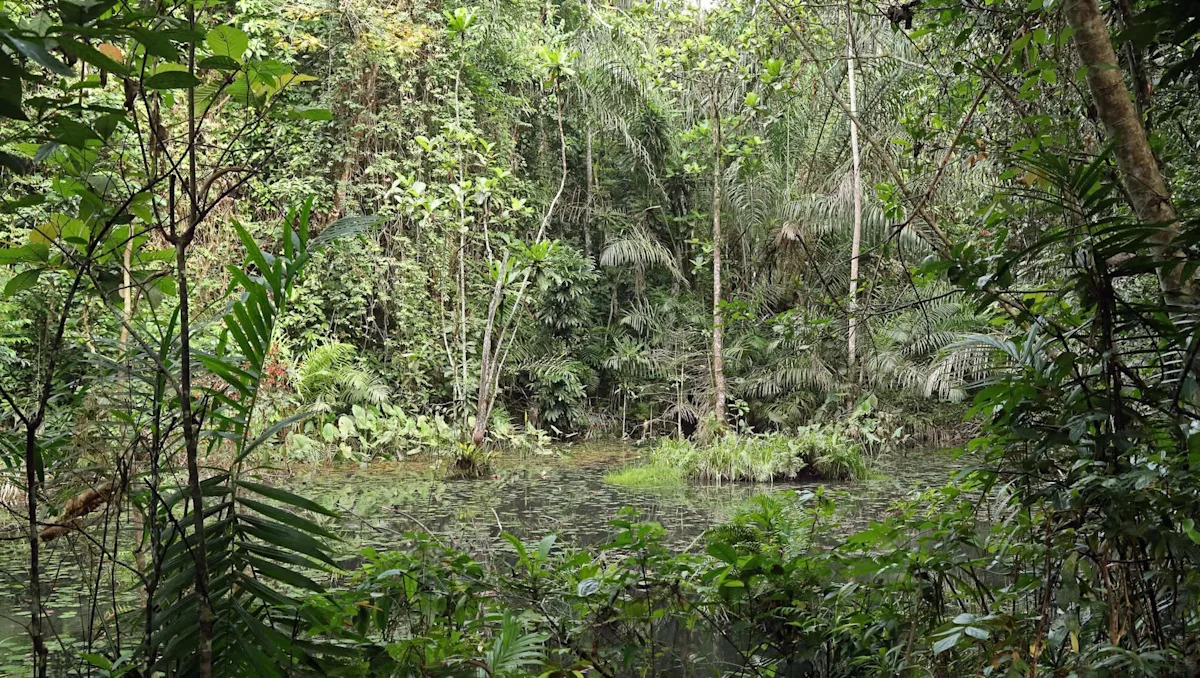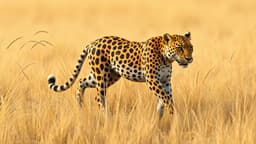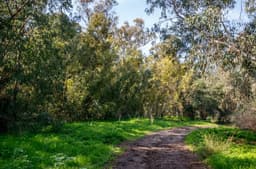Home / Environment / Ankasa Park's Hunting Ban Boosts Wildlife Populations
Ankasa Park's Hunting Ban Boosts Wildlife Populations
4 Nov, 2025
Summary
- Hunting ban in Ghana's Ankasa Park leads to drop in illegal hunting
- Wildlife populations begin to rebound during the 5-month ban
- Local communities praised for high compliance with the bushmeat ban

As of November 4th, 2025, Ghana's Ankasa Conservation Park has seen promising results from its recent hunting ban. The 5-month closure, which took effect in August, has led to a significant drop in illegal hunting activities within the park.
Park officials report that wildlife populations have started to rebound during this protected breeding period. Bona Kyiire, the park manager, praised the local communities for their high level of compliance, particularly in the Amokwaw CREMA zone. While the current support is excellent, Kyiire continues to urge the public's full cooperation to safeguard the park's wildlife resources for both present and future generations.
The ban has, however, posed challenges for some residents who depend on bushmeat sales. Local food vendor Rhoda Enima, known for her popular bushmeat light soup, has had to shut down her business until the ban lifts in December. Area leaders, such as Thomas Kwaw, chairman of the local Community Resource Management Area, emphasize that the pause is critical for long-term sustainability.
Experts note that similar conservation efforts, like Kenya's seasonal fishing restrictions and Uganda's community-led wildlife corridors, have proven successful in the past. Ankasa's progress is a promising sign that a balance between conservation and community well-being is well worth fighting for.




